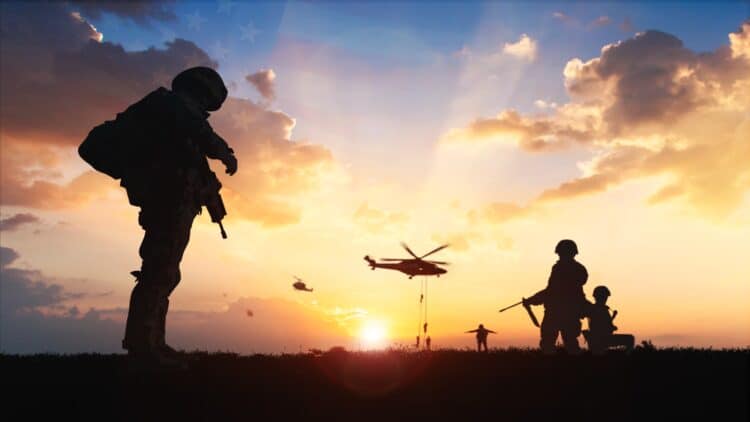Since the historic White House meeting in August, Azerbaijan and Armenia have achieved a lot in terms of diplomacy as the leaders first initialed a peace agreement at the constitutional hurdle but the real challenge to final ratification of the peace pact still lies ahead of them as they are still faced with the challenges of practical implementation and constitutional hurdles as they move along the road towards the achievement of healthy relations between the South Caucasus neighbors.
Historic White House ceremony marks diplomatic breakthrough
The August 8 White House ceremony represented a watershed moment in Armenia-Azerbaijan relations, with President Ilham Aliyev and Prime Minister Nikol Pashinyan joining President Donald Trump to sign a comprehensive peace agreement. The ceremony concluded negotiations that had been ongoing since 2021, with the final text completed in March 2025.
According to Carnegie Endowment analyst Olesya Vartanyan, “The breakthrough owes much to the U.S. mediation. It had been underway for quite a while, but only after the summer meeting between the Armenian and Azerbaijani leaders in Abu Dhabi did the process reach its final stage.” The Trump administration prioritized these talks as part of broader peacemaking efforts.
The agreement establishes fundamental principles ,including territorial integrity recognition, mutual renunciation of force, and commitment to combat extremism and terrorism. Both countries agreed to withdraw legal claims against each other in international courts and cooperate in searching for missing persons from the conflict.
Constitutional referendum creates implementation uncertainty
Despite the ceremonial progress, significant obstacles remain before final ratification. Azerbaijan insists Armenia must amend its constitution to remove references to Nagorno-Karabakh before signing the treaty. The Armenian constitution’s preamble references a 1990 declaration calling for “reunification” with the former autonomous region.
Armenian Prime Minister Pashinyan has indicated willingness to hold a constitutional referendum, but the timeline remains unclear. The process requires not just a majority vote but also participation from at least 25 percent of registered voters, creating substantial political risks for the government.
Crisis Group analysis suggests the referendum represents a major gamble, noting that “many in Yerevan expect him to prevail in 2026, Pashinyan’s coattails may not be long enough to win a constitutional referendum.” Failure could justify Azerbaijan’s abandonment of the peace process entirely.
Transport corridor negotiations face practical challenges
The proposed “Trump Route for International Peace and Prosperity” (TRIPP) would connect Azerbaijan with its Nakhchivan exclave through Armenia’s Syunik region. This U.S.-managed transport corridor represents a key component of the broader agreement framework.
However, practical implementation faces significant hurdles. Baku demands zero direct contact between Armenians and Azerbaijanis, while Yerevan insists on sovereign control, including transit fees and border checks. Carnegie’s Vartanyan notes that “operating a route under these conditions will be challenging.”
Another issue that has not yet been solved is infrastructure financing. The part of the route that belongs to Armenia has to undergo significant reconstruction, roads are of low quality, and the railway lines have been destroyed since the 1990s.
The role played by Turkey plays a critical role in total normalization
President of Turkey Recep Tayyip Erdogan has indicated that the country is willing to normalize its relations with Armenia in the wake of the ceremony in Washington, which would likely open the borders and pave the way to diplomatic relations. Nonetheless, the time frame is questionable because Turkey is afraid to identify with similar Trump-branded projects and might have friction with Russia.
One of the most important aims that has already been reached by the White House ceremony was the minimization of the direct dangers of war in the South Caucasus. Although there are still no constitutional issues and details of implementation, the two societies are now confident that the long-term peace can be finally attained after thirty-five years of war and unsuccessful negotiations.


